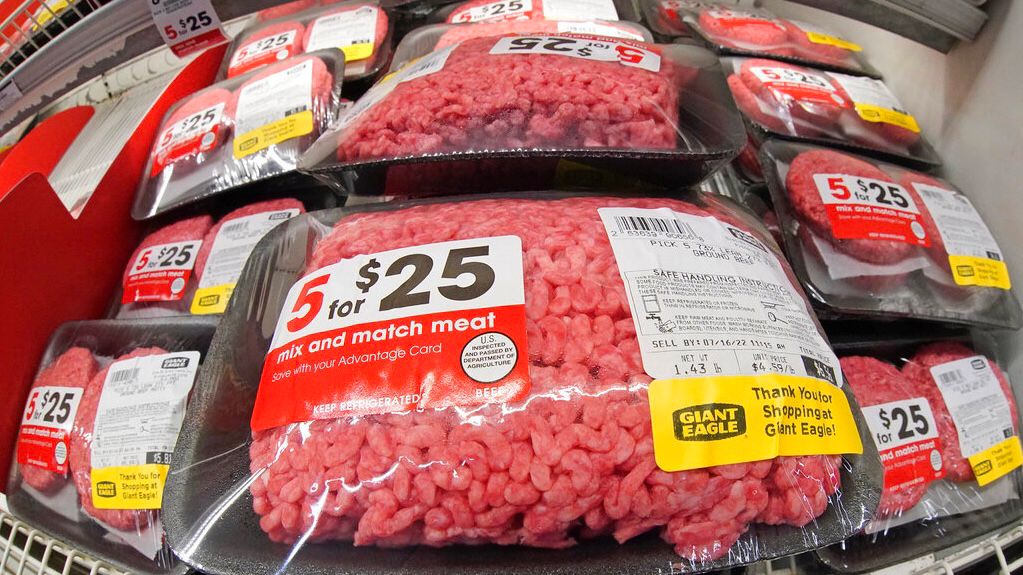The U.S. Department of Agriculture reaffirmed the country’s meat supply is safe on Wednesday, following a first round of ground beef samples that tested negative for bird flu.
The agency announced Monday that it would test the beef supply for H5N1 following last week’s outbreak of avian flu in dairy cows, some of whom are slaughtered for meat.
Earlier this week, the USDA collected 30 samples of ground beef from retail outlets in herds where the bird flu virus was detected in cows. H5N1 has been detected in nine states, including Idaho, Kansas, Michigan, New Mexico and Texas. The agency assessed the ground beef samples using polymerase chain reaction (PCR) tests at its National Veterinary Services Lab and determined no virus particles were present in any of the samples.
Highly Pathogenic Avian Influenza, also known as bird or avian flu, can be transmitted by wild birds to domestic poultry and other bird and animal species, according to the Food and Drug Administration. Bird flu does not normally infect humans, though sporadic infections in people have occurred.
The retail ground beef tests are one of three beef safety studies the agency is conducting following the recent H5N1 outbreak in dairy cattle. It is also PCR testing the muscles of dairy cows that were culled for disease at the slaughter facilities it inspects.
The USDA said its Food Safety and Inspection Service veterinarians are present at all federal livestock slaughter facilities to inspect every animal before and after it is slaughtered to determine if it is safe to enter the human food supply.
The agency will also conduct a beef cooking study using a so-called virus surrogate to see how cooking at different temperatures affects virus reduction. It recommends consumers always properly handle raw meats and cook them to a safe internal temperature to kill bacteria and viruses.
The USDA tests follow last week’s FDA finding that the milk supply was safe, despite 20% of commercial milk samples testing positive for bird flu fragments. Both the FDA and the USDA said pasteurization and the diversion or destruction of milk from sick cows has kept the U.S. milk supply safe.



